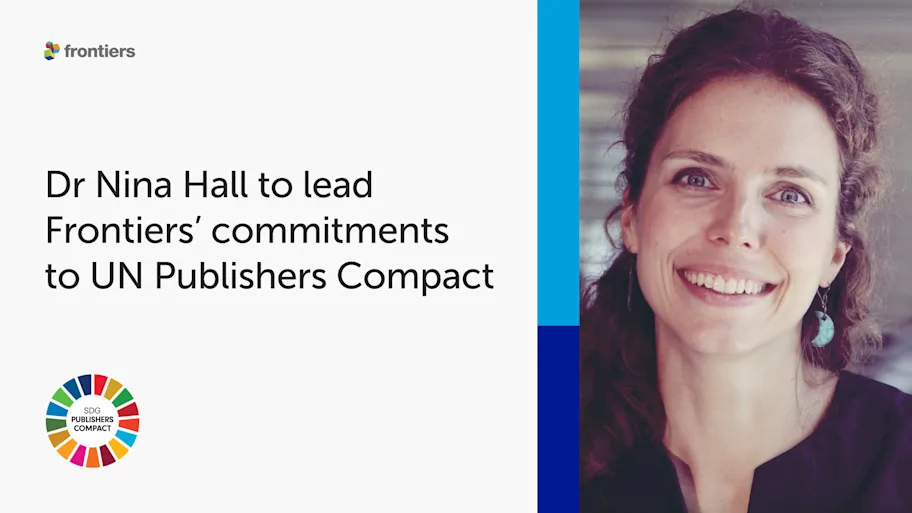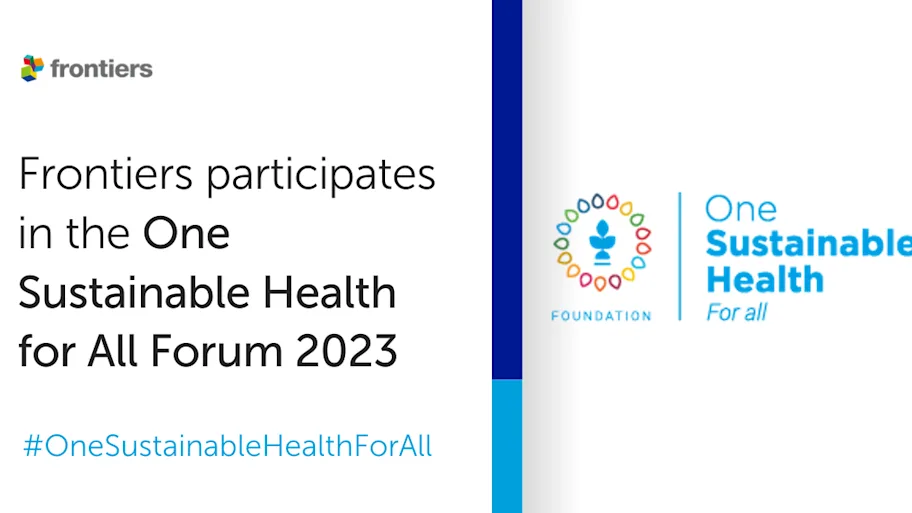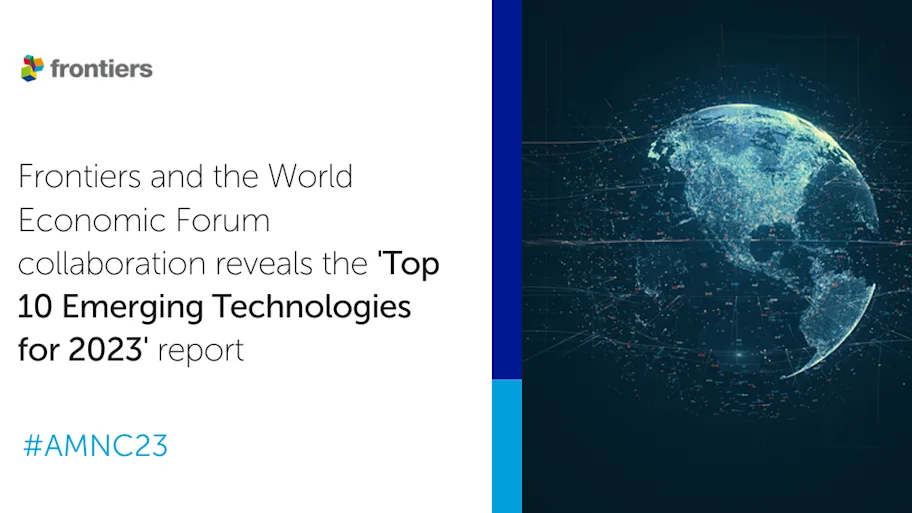
- Science news
- Frontiers news
- Highlights from the 2018 Frontiers Forum
Highlights from the 2018 Frontiers Forum
Prospects for research, innovation and openness in 2030
Scientists today are tackling the most critical issues facing humanity, so every year we bring together the world’s leading researchers, industry representatives and policy makers to discuss how to find more solutions, more efficiently, for more people — faster.
To celebrate Frontiers’ 10th anniversary, the 2018 Frontiers Forum was an ideal opportunity to look back at our ambitions and achievements for Open Science, but more importantly, to reflect on what the future might hold. How will the research and innovation landscape look in 2030?
This year’s Forum was the largest yet, and the creative spirit in which academics are collaborating to help address the sustainability challenges we face globally is inspirational — whether through lab-grown meat, blood transfusions for dementia, the health impact of climate change, genomics-based landscape management, or better organic waste recycling.
We saw how artificial intelligence offers new ways to exploit the exponentially ballooning datasets being generated throughout the scientific world, how brains are simulated on supercomputers and how blockchain could transform our transactions using currency systems based on social and other non-financial values. It was also made clear that public policies must keep pace, to ensure that scientific progress translates into tangible benefits, for example in improving maternal health and fostering low carbon societies.
At Frontiers, we believe that over the next decade science can and will help to save the world — but only if articles and data are made openly available and curated in ways that everyone can find, read, share and re-use. If creative states are indeed based on interconnectedness, we see Open Science as the creative state of science itself, a state that’s fundamentally driving progress for humanity.
Our fourth annual summit was another success — a meeting of the best minds, providing inspiration for the present and hope for the future.






